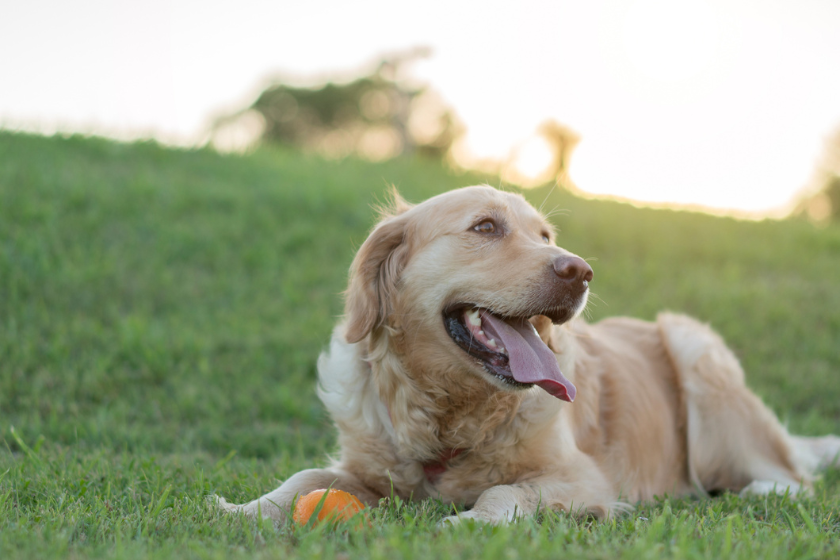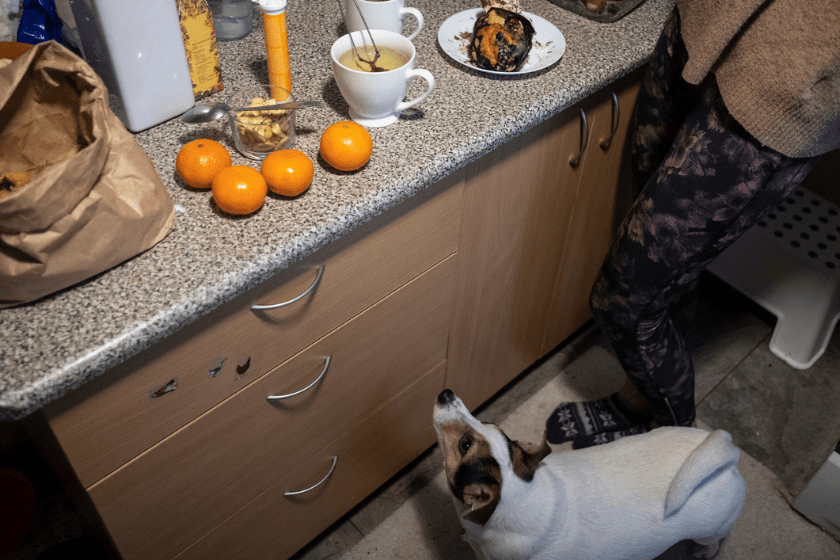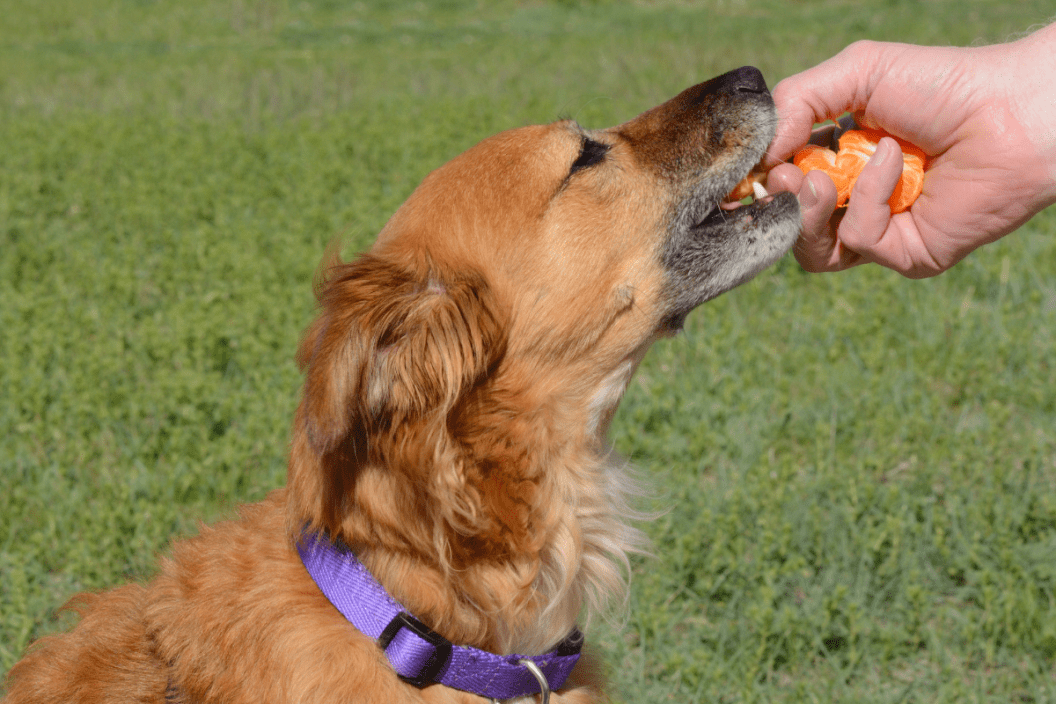Oranges are a favorite summer fruit easily associated with warm, sunny locales, since that's where you can find most oranges growing. It also helps that they're brightly colored and often associated with sunshine. Even in the winter months, these little citrus fruits are commonly used to brighten up school lunches, give kids a burst of energy, and make a dull afternoon at the office somewhat tolerable. But if you've got an orange lying around, can dogs eat oranges?
Not all fruits and vegetables are suitable for dogs to consume. Cherries and grapes, for example, can be extremely toxic to dogs and should be avoided at all costs. But what about oranges and other citrus fruits?
Dogs can eat oranges in small quantities. They're not necessarily poisonous to dogs, but the canine digestive system isn't intended to absorb large quantities of oranges and other citrus fruits due to their high acidity and sugar content. Healthy dogs can produce their own vitamin C, so this snack is not needed in their daily diets.
Health Benefits of Oranges

Oranges, in small amounts, can help strengthen the immune system by providing extra vitamin C, potassium, antioxidants, and fiber. Oranges are high in nutrients like potassium and fiber, and low in sodium, making them a healthy snack if consumed in moderation. You should limit your dog to one or two slices per day, only feeding them the fleshy part, as the rind can cause gastrointestinal upset and even blockages in dogs. The fruit itself is high in vitamin C, which can help your dog's immune system, though the citric acid can upset some sensitive stomachs in large amounts. Making pupsicles with orange juice, freezing sections of orange for a sweet treat, or simply offering them a few fresh wedges are all safe and nutritious ways to give your pup an orange. Keep in mind that smaller dogs will tolerate less of this human food than larger dogs, so be careful with the amount.
Oranges contain approximately 9% sugar by weight, and a one-cup serving of orange slices contains around 17 grams of sugar and 4 grams of fiber. Because of the high sugar content, limit your orange-loving dog's fruity snack to no more than 10% of their daily calories. Oranges, like all natural sugar fruits and veggies (like watermelon) are not a safe option for diabetic dogs due to blood sugar issues.
Health Risks of Oranges

Oranges can cause an upset stomach if your dog consumes too many. If you want to give your furry friend an orange, you should probably start feeding orange pieces slowly to see how his stomach responds. Be sure to peel the orange and remove the seeds. Orange peels are not poisonous, but they can be a choking hazard and get stuck in your dog's digestive tract, causing an obstruction and necessitating surgery to remove them. For these reasons, it is best to keep oranges out of your pooch's grasp. Do not give your dogs whole oranges.
Some dogs will eat everything you place in front of them, while others will refuse to eat an orange. Even if your dog enjoys oranges and has no adverse reactions to them, limit his consumption of oranges and other treats to no more than 10% of his daily calories. Limiting his treat consumption will help him avoid digestive upset and weight gain. If you find any strange behavior or stomach problems in your dog, stop feeding him oranges right away.
What foods do your furry friends enjoy? Share with us on the Wide Open Pets Facebook page!
This article was originally published on June 22nd, 2021.




